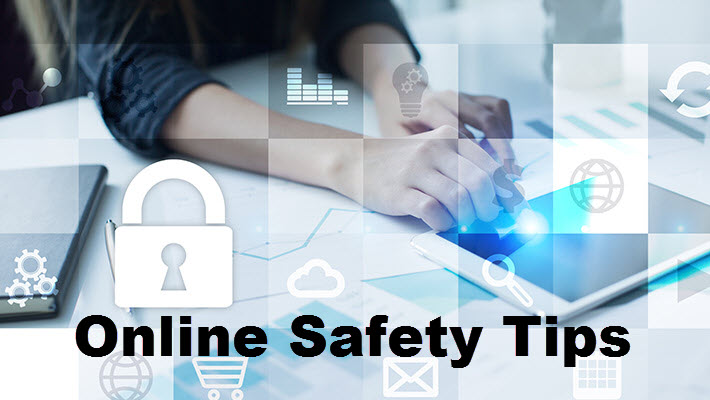In today’s connected world, your digital life is just as important as your physical life. Cybersecurity has become a crucial issue, as billions of people use the internet daily for work, shopping, socializing, and leisure. Cyberthreats are evolving, becoming more sophisticated, and harder to detect. Whether you’re an e-commerce entrepreneur, a student taking online courses, or simply browsing your favorite websites, staying safe online is crucial. This article offers practical, research-based cybersecurity advice to help you protect your identity, personal information, and overall digital presence. Using antivirus software alone is no longer enough, as cybercrime and privacy violations continue to rise. For a safe digital experience, you need a comprehensive and informed approach to cybersecurity.
Understanding the Importance of Cybersecurity
Recognizing the importance of protecting your online presence is the first step toward maintaining digital security. Cybersecurity Ventures predicts that cybercrime will cost the global economy more than $10.5 trillion annually by 2025. Hackers target not only large corporations but also individuals. This is often due to the use of weak passwords, outdated software, or unknowingly clicking on malicious links. Digital security is a priority for everyone who uses the internet. This isn’t a niche issue. By understanding the risks of phishing, identity theft, data breaches, and ransomware, users can better protect themselves.
Update your Software and devices.
Cybercriminals prefer systems with outdated software because they can find vulnerabilities and compromise them. Regular updates to your operating system, applications, antivirus software, and browser protect you from the latest risks. Most upgrades include important security updates that fix vulnerabilities. Enable automatic updates whenever possible so you don’t forget to update. Also, only download apps from trusted sources, such as official app stores.
Safe Browsing
The websites you visit and the links you click are crucial for your online safety. Always check that the URL uses HTTPS encryption, especially when entering personal or financial information. Don’t click on pop-ups or download links you don’t recognize. Be wary of phishing emails that appear to come from trusted organizations and ask you to take immediate action. These emails often contain links to malicious websites. Knowing how to recognize and avoid these scams helps you protect your online identity.
Safe Use of Public Wi-Fi
Public Wi-Fi networks, such as those in hotels, airports, and cafes, pose serious security risks. These open networks are often unsecured, making them a fertile ground for cyberthreats such as man-in-the-middle attacks. If you must use public Wi-Fi, avoid logging into sensitive accounts or conducting financial transactions. A virtual private network (VPN) is a useful tool that encrypts your internet connection and provides a degree of privacy and security, even on public networks. Make sure you use a VPN from a trusted source.
Secure your social media accounts.
Hackers favor social networking sites because they contain a wealth of personal information. Keep your profile private and share personal information only with people you trust. Don’t share your location, vacation plans, or other information that could make you an easy target, both in person and online. Regularly review your account privacy settings and uninstall third-party apps you no longer use. Remember that what you share online can persist forever, and even content you delete can sometimes be recovered.
Conclusion
You don’t have to be a computer expert to have a secure digital life. You just need to be vigilant, disciplined, and willing to take action. In a world where almost everything has gone online, cybersecurity is no longer optional. The steps you take today, like protecting your social media accounts and using a VPN on public Wi-Fi, can help you prevent significant losses in the future. Your approach to digital security must evolve as online threats change. Integrate these habits into your daily life and encourage others to do the same. When it comes to cybersecurity, you are the first line of defense. Staying vigilant is crucial to keeping your digital life safe.
FAQs
1. What’s the best way to protect my online accounts?
Using strong, unique passwords and two-factor authentication (2FA) are the best ways to protect yourself. A password manager can help you keep various passwords safe.
2. Is it safe to shop or bank online on public Wi-Fi?
No, public Wi-Fi networks are not secure. Don’t conduct financial transactions on public networks unless you use a VPN to secure your connection.
3. How often should I update my software to ensure its security?
Enable automatic updates if possible. If you can’t, check for updates for your antivirus software, apps, and operating system at least once a week.
4. Do social networks really compromise my security?
Yes. When you share too much information on social media, cybercriminals can learn your habits, location, and personal life, making it easier for them to target you.
5. What is phishing? How can I prevent it?
Phishing is a type of scam where criminals pose as someone you trust to trick you into providing personal information. Don’t click on suspicious links, and always check the sender’s email address before responding.




